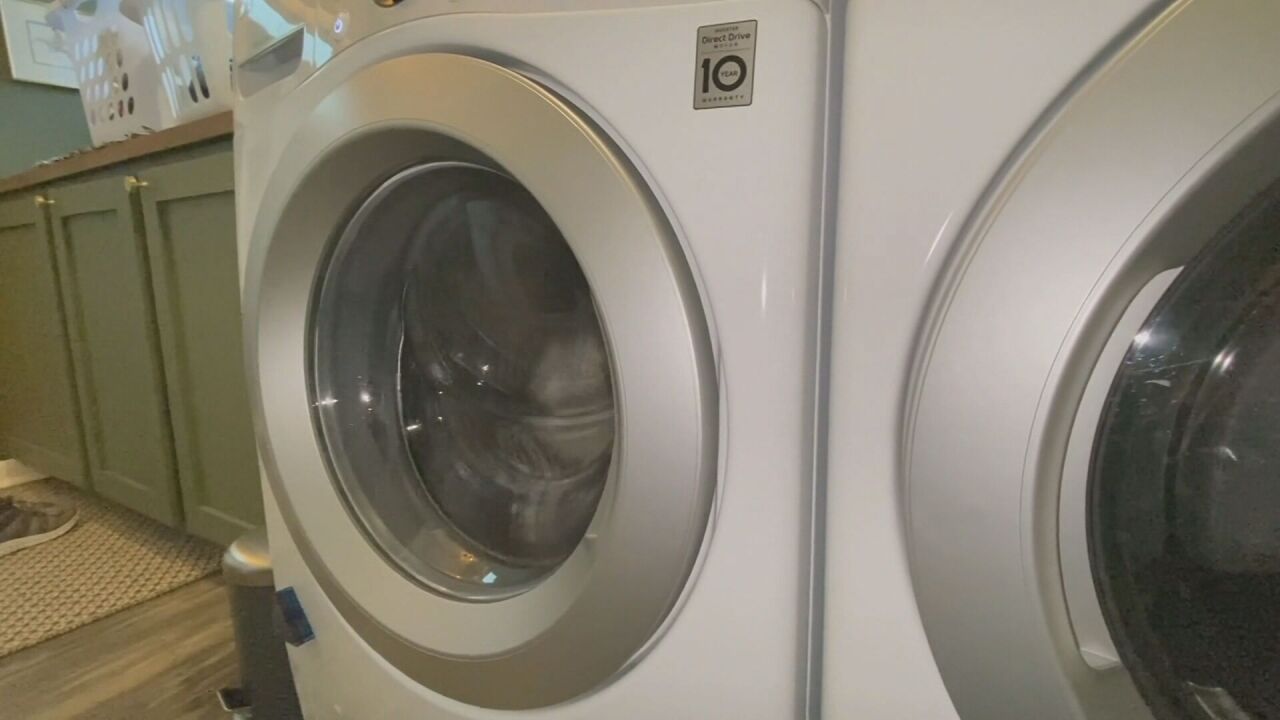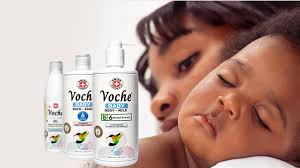
The best natural cleaning products are made from ingredients that you probably have in your home, making them easy to whip up and inexpensive. They are also safer for your family, the environment, and you.
To find the best natural cleaning products, you must first understand what they are made of. To verify that they are natural, look at the label. If they aren't, you can find other alternatives that are more environmentally friendly.
Check the label to make sure they are "EPA Safer Choice Certified," which means that they contain fewer harmful chemicals than traditional cleaning products. This is important if you or someone in your household suffers from asthma or has an allergy to certain ingredients.

It is possible to avoid toxic chemicals by buying products that are packaged in reusable container. Products that can't be reused could end up in the garbage, which is a huge problem for the environment.
Most natural cleaning brands come in recyclable or refillable bottles, and you can also get products that are biodegradable, so they're a great way to avoid plastic waste around your home. There are multi-surface cleaners available that can be used for cleaning your bathroom, kitchen and tiles.
You should also look for products that are cruelty-free and not tested on animals. This helps to ensure that there are no harmful chemicals in the product, and it's also an indicator that the company is committed to sustainability.
Although these cleaning hacks aren’t new, they’re growing in popularity as people become more aware about the dangers of toxic substances and the impact on the environment. They're cheap and easy to make, and they can be used for many different things -- from air freshener and window and glass cleaner to laundry detergent and all-purpose cleaner.

These toxic chemicals are most often found in traditional cleaning supplies. They include formaldehyde and a variety of other carcinogens. These chemicals can lead to a variety of health issues, including cancer, reproductive disorders, asthma, and other ailments. These chemicals can cause irritation to the skin and allergic reactions, as well as a decrease in indoor air quality.